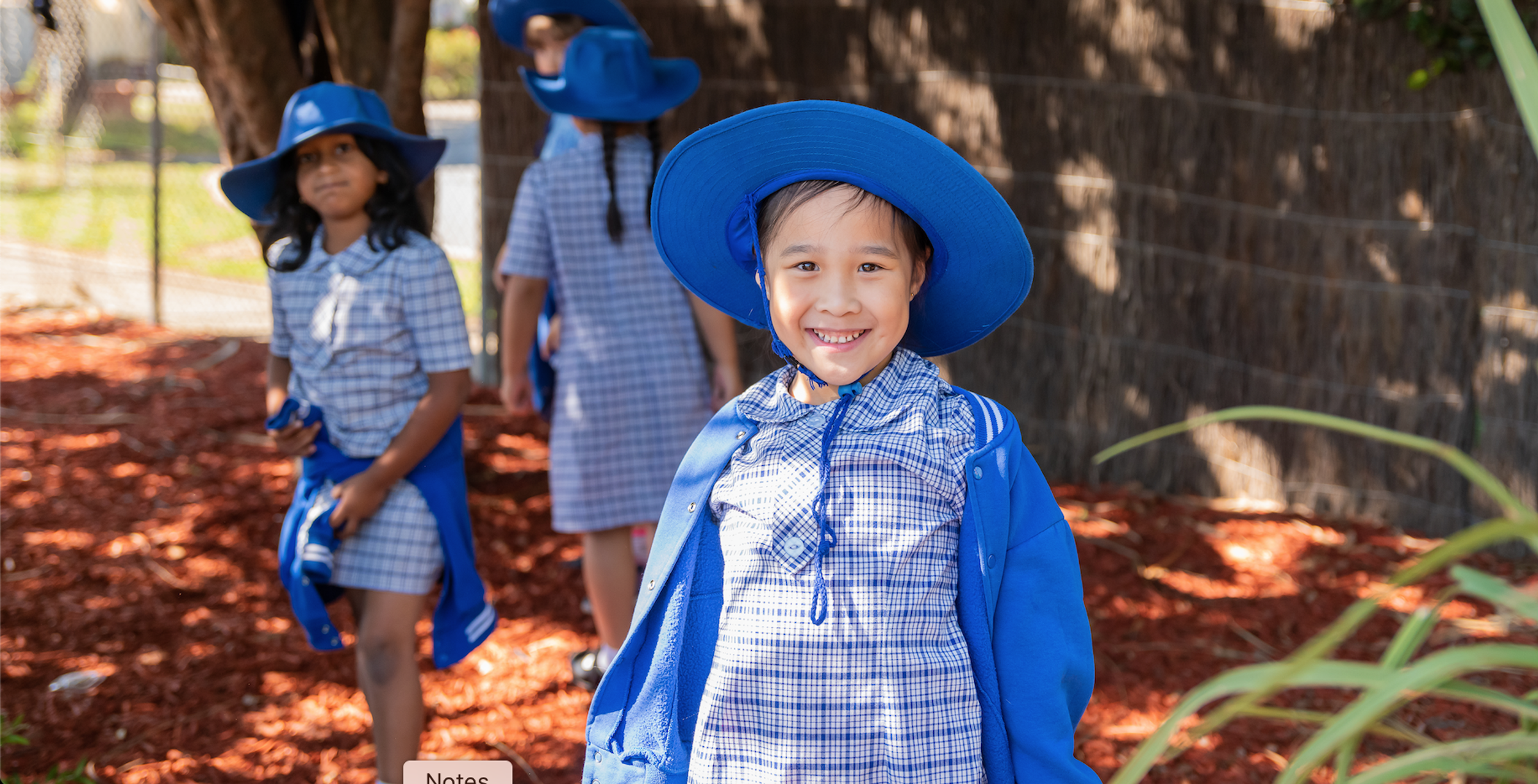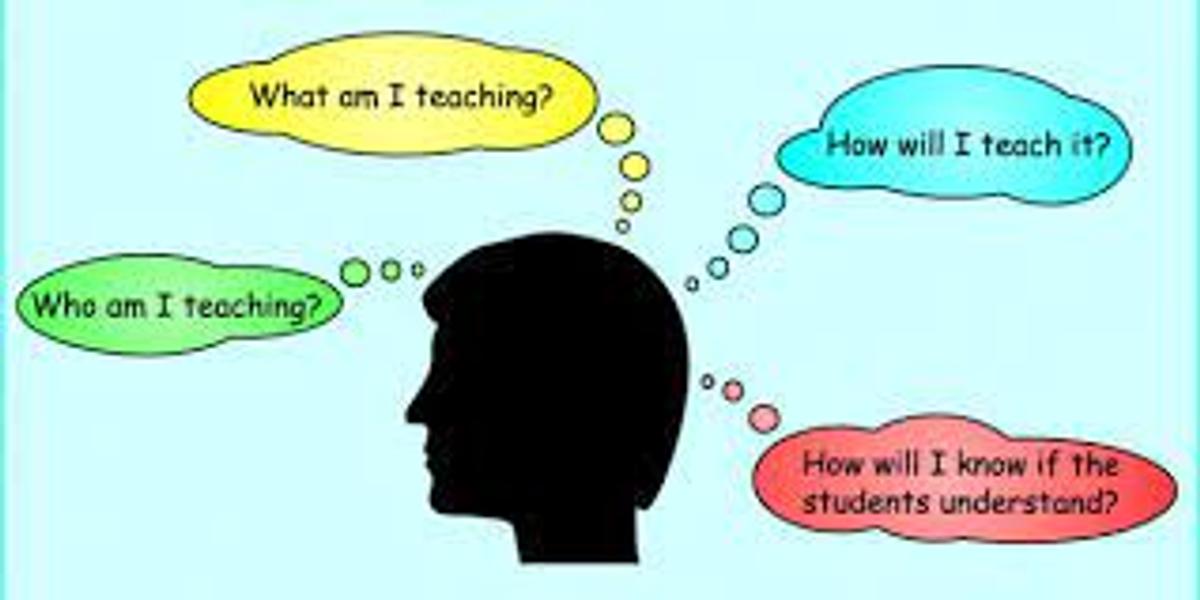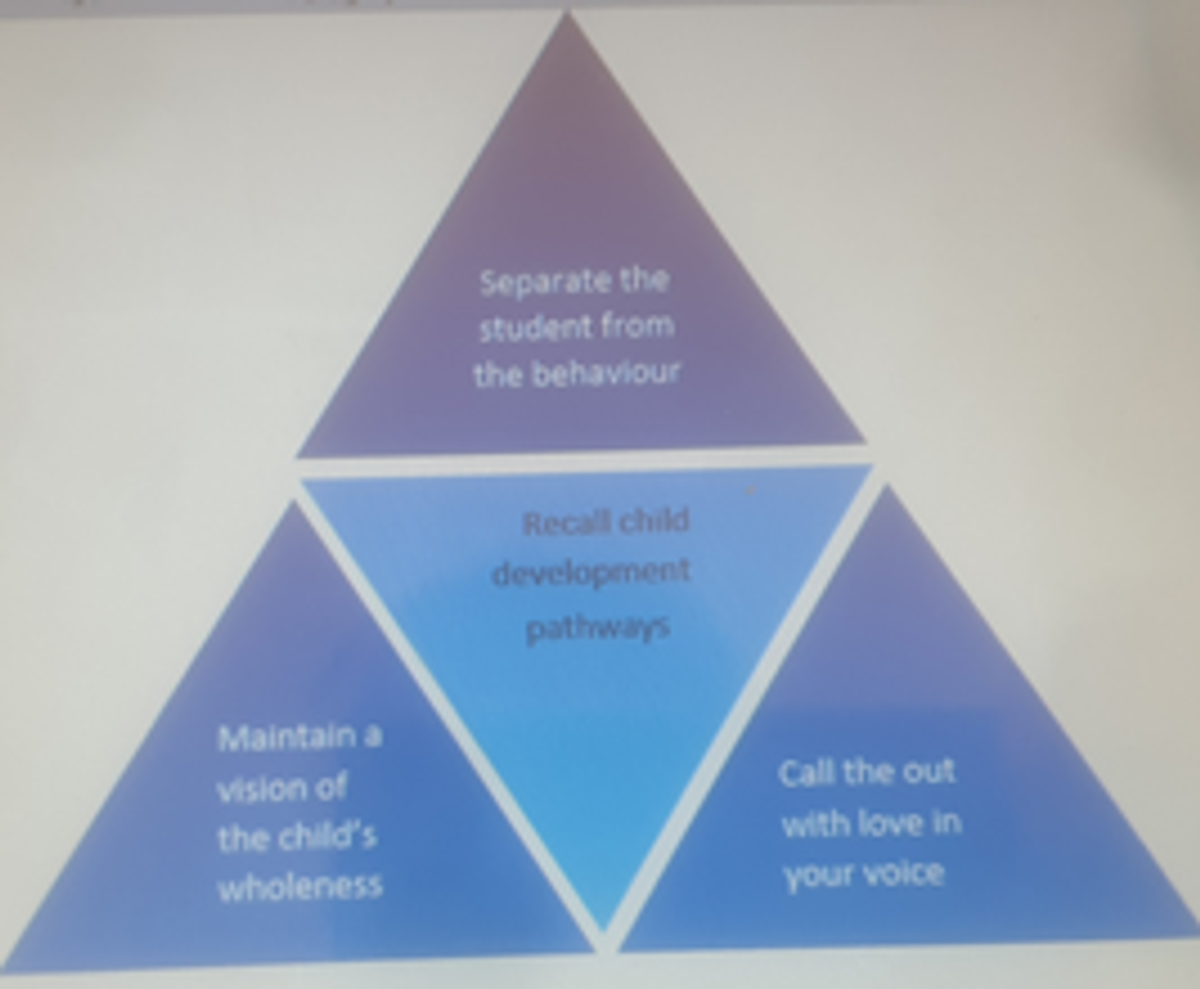Wellbeing

Unconditional Positive Regard
When we plan the curriculum at the beginning of the school year we always consider literacy, maths, inquiry etc. However, another crucial element that all the teachers at Holy Family plan for, in the sphere of Wellbeing, is relationship building.
Cultivating a sense of belonging in the classroom is important. Children at school, just like children at home, want to be listened to, want the opportunity of some 1:1 time, and want to share their interests and successes. In the business of a school day, it is vital for teachers to stop and purposefully create these opportunities. It may not be every child, every day, but factoring it in is valuable to building a positive classroom culture.
But why…..?
Well, we know that positive student relationships are essential to success. When students feel that they have a trusting, supportive relationship with their teachers, they are more likely to engage in their learning and display more positive behaviours.
However…..
In schools, again just like home, there can be challenging situations. At Holy Family, we use what is known as Unconditional Positive Regard. UPR is based on a humanist approach to therapy work from the 1950s. However, in the last few years, it has been introduced into teacher education as an ingredient of working with ‘growing and developing young people.’
The graphic below explains what this is. It is not just a strategy to be used in classrooms but may even be relevant when your child at home is displaying some challenging behaviours.
Creating the best possible conditions for a highly relational classroom
Separating a student from their behaviour is an essential re-framing strategy to keep a teacher from overly personalising a tough situation and remaining calm and dignified.
Recalling child development pathways allows the teacher to see each child empathically, as developing humans with different backgrounds and life opportunities.
Maintaining a vision of the child’s wholeness sees the young person for both their strengths and shadows – as we all have.
Calling students out with love in your voice is a verbal responding strategy that supports teachers to invite students into their calm, rather than joining them in their chaos.
My final thought about Unconditional Positive Regard is that we as teachers must maintain a vision of a student's wholeness. When we separate the student from the behaviour in a classroom built on trust and support we help children believe in themselves and enable them to know that we believe in them too.
Connie Drossaert
Wellbeing Leader




